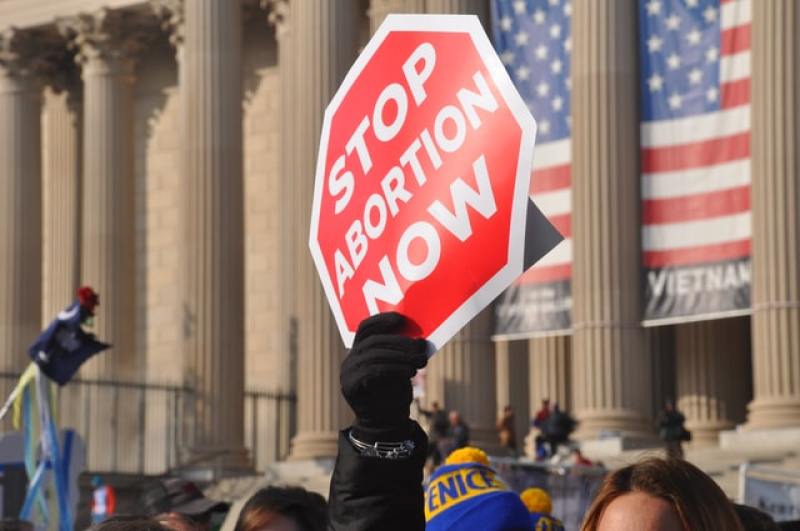
Beginning Monday, the U.S. Supreme Court will hear arguments against the Texas Heartbeat Act presented by the Biden administration and abortion providers. Hailed as one of the most restrictive abortion bans in the country, the Texas Heartbeat Act or S.B. 8 took effect on September 1 and has effectively reduced abortion by up to 80% in the Lone Star State.
Texas' Heartbeat Act not only protects unborn children as early as six weeks into a pregnancy, a crucial time during which women are yet unaware that they are carrying a child, but it also empowers citizens to enforce the law by bringing lawsuits against those who violate the measure.
According to CBN News, the focus of the U.S. Supreme Court arguments won't be on the merits of the Texas Heartbeat act, but whether the Department of Justice can file a lawsuit and obtain a court order that effectively prevents the law from being enforced, as per the brief order.
Pro-life advocacy group Susan B. Anthony List president Marjorie Dannenfelser said of the Texas Heartbeat Act, "For two generations, the US Supreme Court has tied the hands of states to enact laws protecting unborn children and their mothers. It is time to restore this right to the people and update our laws."
Meanwhile, pro-choice advocates believes that the Texas Heartbeat Act, among other anti-abortion laws, are unconstitutional and will have a major impact on women's access to healthcare. NAACP Legal Defense and Educational Fund director of litigation Sam Spital, who supports the Department of Justice's lawsuit against Texas, remarked that "The outcome of this case will define the future of our constitutional democracy."
Texas Right to Life spokesperson Kimberlyn Schwartz commented that the Texas Heartbeat Act and the upcoming arguemtns are a "great development for the pro-life movement" because it will enable the state to "save an estimated 100 babies per day." She also commented on how the justices are set to determine "whether these lawsuits are even valid in the first place."
According to ABC 8 News, the U.S. Supreme Court will hear two cases involving the Texas Heartbeat Act today, one from a group of abortion providers suing the state at 9 in the morning, during which the justices will allow each side only 30 minutes to present the case.
The abortion providers are set to argue the enforcement of the Texas Heartbeat Act, which they claim is unconstitutional because "it avoids judicial review by leaving enforcement up to private citizens instead of state officials."
Meanwhile, the second case to be heard was filed by the U.S. Justice Department versus Texas, in which the federal government seeks to be allowed to intervene and then block the law from enforcement.
The federal government, like the abortion providers, are also claiming that the Texas Heartbeat Act is unconstitutional "because women have a right to an abortion based on the almost 50-year precedent set by Roe v. Wade."
Texas Equal Access Fund executive director Kamyon Conner lamented that the Texas anti-abortion law is "a critical time not just for abortion access, but this is a direct attack on bodily autonomy."
It's worth noting, however, that the U.S. Constitution itself doesn't support abortion, per 5th U.S. Circuit Court of Appeals Judge James Ho.
"Nothing in the text or original understanding of the Constitution established a right to an abortion. Rather, what distinguishes abortion from other matters of health care policy in America--and uniquely removes abortion police from the democratic process established by our Founders--is Supreme Court precedent," Judge Ho said earlier this year.


























